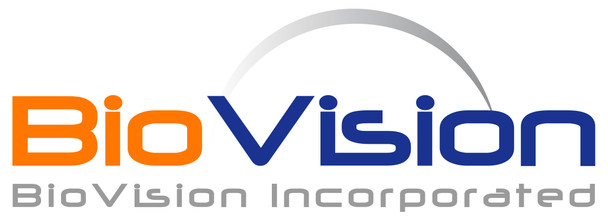Description
TIM-4, human recombinant is available at Gentaur for Next week delivery.
Involved in regulating T-cell proliferation and lymphotoxin signaling.
Biomolecule/Target: TIMD4
Alternates names: TIM4, TIMD4, T Cell Immunoglobulin and Mucin Domain-containing Protein 4, T Cell Membrane Protein 4
Synonyms: TIM4; TIMD4, T Cell Immunoglobulin and Mucin Domain-containing Protein 4, T Cell Membrane Protein 4
Background Information: The TIM (T cell/transmembrane, immunoglobulin and mucin) family plays a critical role in regulating immune responses, including allergy, asthma, transplant tolerance, autoimmunity and the response to viral infections. The unique structure of TIM immunoglobulin variable region domains allows highly specific recognition of phosphatidylserine (PtdSer), exposed on the surface of apoptotic cells. TIM-4 (T cell; immunoglobulin; Mucin-4), also known as SMUCKLER, is a 60 kDa member of the TIM family of immune regulating proteins. TIM-4 is exclusively expressed on antigen-presenting cells, where it mediates phagocytosis of apoptotic cells and plays an important role in maintaining tolerance. TIM-4 binds specifically to TIM-1 which is also the cellular receptor for the hepatitis A virus, and has been implicated in the development of asthma. Among hematopoietic cells, TIM-1 is expressed on activated B and T cells, preferentially in the Th2 subset of CD4+ T cells. The interaction of TIM-4 with TIM-1 induces costimulatory and hyperproliferative signals in T cells.
Reconstitution Instructions: Reconstitute with 100 µl sterile water.
NCBI Gene Symbol: TIMD4
Gene ID: 91937
NCBI Accession: Q96H15
Additional Information
Size: |
50 µg |
Country of Manufacturing Origin: |
USA |
Country of Animal Origin: |
USA |
Gene Source: |
Human |
Recombinant: |
Yes |
Source: |
CHO cells |
Purity by SDS-PAGE: |
≥98% |
Assay: |
SDS-PAGE |
Purity: |
N/A |
Assay 2: |
N/A |
Endotoxin Level: |
< 0.06 EU/μg |
Activity (Specifications/test method): |
Measured by its ability to inhibit anti-CD3-induced proliferation of stimulated human T cells. |
Biological activity: |
Measured by its ability to inhibit anti-CD3-induced proliferation of stimulated human T cells. |
Results: |
N/A |
Storage Temperature: |
-20°C |
Shelf Life: |
12 months |
Concentration: |
N/A |
Appearance: |
Lyophilized |
Handling: |
Centrifuge the vial prior to opening. |






